The New York Power Authority (NYPA) signed an agreement with Zinc8 Energy Solutions Inc. and the University at Buffalo to deploy a Zinc-air Energy Storage System (ZESS).
The project will demonstrate a 100kW/1MWh ZESS. Vancouver, British Columbia-based Zinc8 won a contract to accelerate the technology in the Innovation Challenge, a partnership between NYPA and the Urban Future Lab at New York University’s Tandon School of Engineering.
The Buffalo deployment will provide peak shaving capability and increase campus resiliency. It will also aim to validate the system’s performance reliability and help determine O&M and life cycle costs. The university will also explore alternative uses such as emergency back-up for campus buildings.
In a profile that appeared last year in pv magazine, Zinc8 claimed to have solved the “dendrite problem” which leads to clogging of the membranes used in flow batteries. Solving this challenge, along with the broader technology development, cost more than $80 million over the course of 14 years, according to the company. The investments produced a product with a 65% to 70% round trip efficiency.
In simple terms, the technology works this way. Power from the grid or renewable source is used to generate zinc particles in a zinc regenerator. Oxygen is released to the atmosphere as a by-product. The zinc particles are flowed to a storage tank and maintained in potassium hydroxide (KOH) electrolyte until required. Whenever power is needed, the zinc particles are delivered to a power stack, recombining them with oxygen to generate electricity. The zinc oxide (ZnO) by-product is returned to the storage tank for later regeneration.
Under the agreement with Zinc8, NYPA will contribute to the installation costs and share data generated during the demonstration period. Zinc8 aims to achieve full commercialization of its technology in early 2023.
This content is protected by copyright and may not be reused. If you want to cooperate with us and would like to reuse some of our content, please contact: editors@pv-magazine.com.



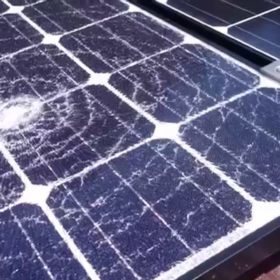
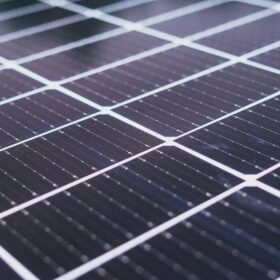
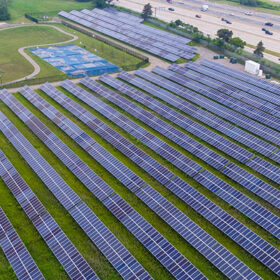
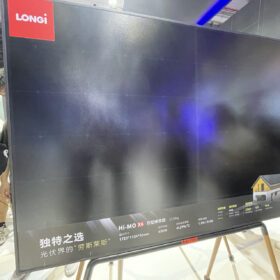
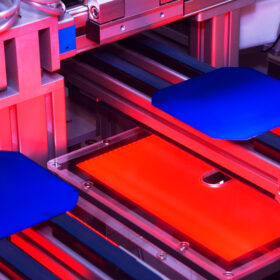
By submitting this form you agree to pv magazine using your data for the purposes of publishing your comment.
Your personal data will only be disclosed or otherwise transmitted to third parties for the purposes of spam filtering or if this is necessary for technical maintenance of the website. Any other transfer to third parties will not take place unless this is justified on the basis of applicable data protection regulations or if pv magazine is legally obliged to do so.
You may revoke this consent at any time with effect for the future, in which case your personal data will be deleted immediately. Otherwise, your data will be deleted if pv magazine has processed your request or the purpose of data storage is fulfilled.
Further information on data privacy can be found in our Data Protection Policy.